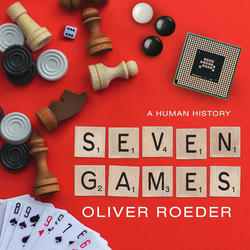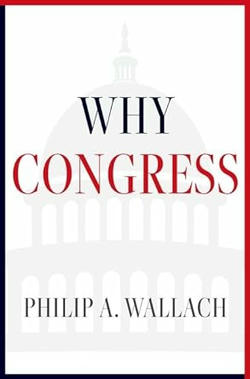Similar to January, February was a tough month for finding "Good Stuff". I got sick with a cold, then sick again with a longer cold.
So it goes -- there were still some highlights!
Lazer Tag
For Lucy's 30th birthday we did a "13 going on 30" themed party at a uhh... whatever you call an "arcade + bowling + lazer tag + bar" establishment. Much like a tween's birthday party, we payed for 22 of our friends to come play 2 games of lazer tag, and got some arcade credit and pizza! Honestly it was a blast and I thought it was the perfect amount of whimsy for a 30th birthday.
Seven Games (Audiobook)

"Seven Games: A Human Story" focuses on -- you guessed it -- seven games that progress in complexity:
I liked that this took seriously the history and best-in-class for these important games. I also love that the author just like... entered major competitions for all of these games. Very good reporting on his part.
Perfect information games
- Checkers: relatively simple, solved.
- Chess: More complex, not solved but computers easily beat humans.
- Go: Far more complex, only recently did computers surpass humans.
- Backgammon: Not more complex, but introduces randomness into the mix.
- Poker: Introduces hidden information.
- Scrabble: A word game.
- Bridge: Introduces teams and coordination.
Some hi-lights in no particular order:
- Checkers is solved?! And basically through brute force which is wild.
- The format of each chapter is basically "History of game, who the best human players are, how the best computer was developed"
- Backgammon was so new -- popularized in the mid 20th century -- and was so closely associated with playboy rich guys!
- Something to the effect of "Every word in the Scrabble dictionary is part of the rules of Scrabble. If you don't know all the words you don't know the rules."
- For Bridge I feel like using discards as coded messages is kind of bullshit, but then I found out there's only at most 15 unique messages you can convey and I was a little more forgiving. Still kinda smells bad, but nobody plays Bridge anyway.
Why Congress (Audiobook)

Taking a break from political news to learn some political history.
"Why Congress" is an in depth historical overview of the institution of Congress, it's intended function, it's practiced (dis)function, and some hypothetical outcomes about how it might change/what might happen if it does not change.
I'm not going to gaslight you and say that "Actually Congress is functioning exactly as it should be" because it's definitely not. Congress has sucked my entire life. That said this book was a really interesting perspective on how the institution ought to function, when it has functioned well in the past, and why we should want it to function better.
The author focuses on the Civil Rights Act as the pinnacle of Congress functioning well, mostly because it was a large and long battle to get bi-partisan support for an important change in American law. That contrasted with executive actions, judicial decisions, and even rushed Congressional laws that lacked sufficient buy-in which were eventually overturned or weakened, like the Affordable Care Act, COVID-19 response, and Row v Wade.
This was the first time I thought it would be interesting to run to be a state representative, although I don't think all of the worlds good intentions would actually do anything without an act of god.